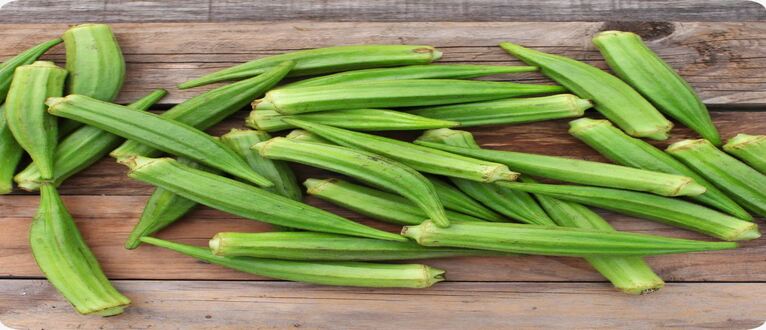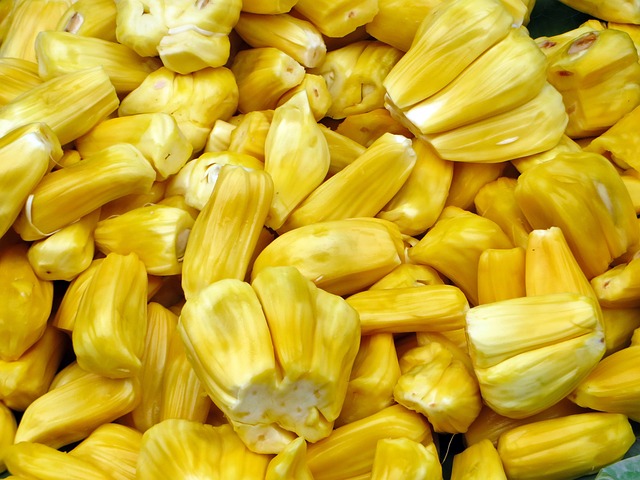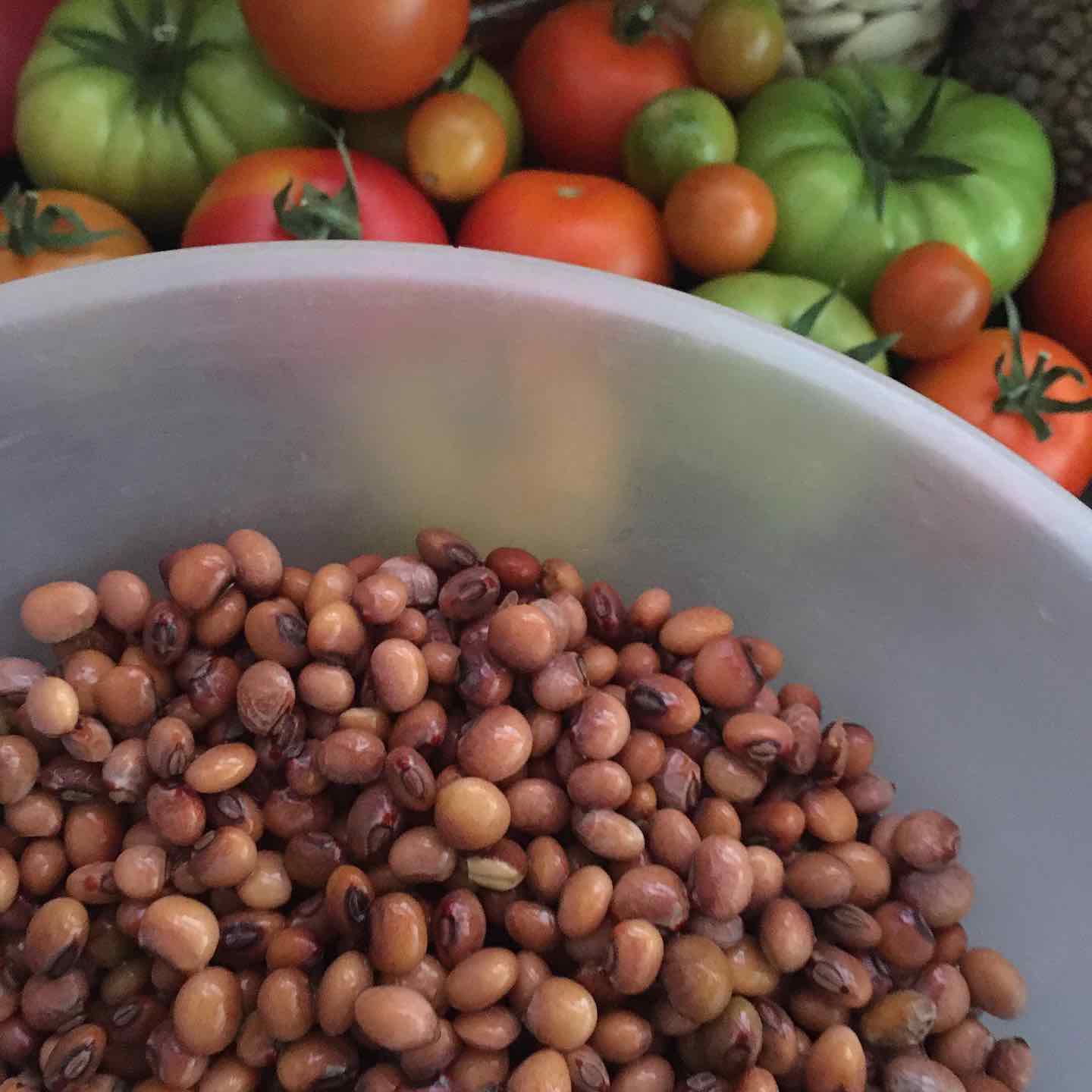Discovering Okra: A Nutritional Powerhouse
Okra, often referred to as “ladies’ fingers” or “gumbo,” is a warm-season vegetable cherished in various cuisines across the Caribbean, southern United States, Africa, the Middle East, and South America. Beyond its culinary versatility, okra boasts a wealth of nutrients beneficial to overall health.
Nutritional Profile
A 100-gram serving of raw okra provides:
-
33 calories
-
1.93 grams of protein
-
0.19 grams of fat
-
7.45 grams of carbohydrates
-
3.2 grams of fiber
-
1.48 grams of sugar
-
31.3 milligrams of vitamin K
-
299 milligrams of potassium
-
23 milligrams of vitamin C
-
57 milligrams of magnesium
-
82 milligrams of calcium
-
60 micrograms of folate
-
36 micrograms of vitamin A
Additionally, okra contains antioxidants and essential minerals like iron, niacin, phosphorus, and copper.
Health Benefits
Cancer Prevention
Okra contains lectin, a protein that, in laboratory studies, has shown potential in inhibiting the growth of human breast cancer cells. While these findings are promising, further research is necessary to confirm these effects in humans. Moreover, adequate folate intake, which okra provides, is associated with a reduced risk of various cancers, including breast, cervical, pancreatic, and lung cancers.
Pregnancy and Fetal Development
Folate is crucial during pregnancy to prevent neural tube defects such as spina bifida. A single cup of okra offers 60 micrograms of folate, contributing to the recommended daily intake of 400 micrograms for most adults.
Blood Sugar Regulation
Research involving diabetic rats indicated that okra peel and seed powder might lower blood sugar and fat levels. While these results are preliminary, they suggest potential benefits of okra in managing diabetes.
Heart Health
The fiber content in okra can aid in reducing harmful cholesterol levels, thereby decreasing the risk of heart disease, stroke, obesity, and diabetes. Consuming high-fiber foods like okra supports cardiovascular health.
Disclaimer:
The information provided in this article is for educational and informational purposes only and is not intended as medical advice. Always consult with a qualified healthcare professional before making any changes to your diet, especially if you have existing health conditions or are taking medication. The health benefits discussed are based on current research but may vary from person to person.





Leave a Comment